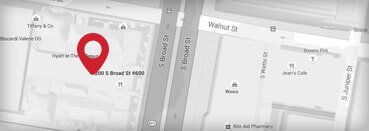I recently was sent an article entitled “Magnetoencephalography for Mild Traumatic Brain Injury and Post-Traumatic Stress Disorder” published in the Journal of Neuroimaging Clinical North America. Magnetoencephalography (MEG) is a non-invasive technique for investigating human brain activity. It allows the measurement of ongoing brain activity on a millisecond-by-millisecond basis as it shows where in the brain activity is produced.
At the cellular level, individual neurons in the brain have electrochemical properties which result in the flow of electrically charges ions through a cell. Electromagnetic fields are generated by the net effect of this slow ionic current flow. While the magnitude of fields associated with an individual neuron is negligible, the effect of multiple neurons (for example, 50,000 – 100,000) excited together in a specific area generates a measurable magnetic field outside the head. These neuromagnetic signals generated by the brain are extremely small – a billionth of the strength of the earth’s magnetic field. MEG has advantages over both FMRI and EEG in that MEG provides timing as well as facial information about brain activity. MEG signals are able to show absolute neuronal activity.
The authors of this new research study state the following:
Mild traumatic brain injury (mTBI) and posttraumatic stress disorder (PTSD) are leading causes of sustained physical, cognitive, emotional, and behavioral deficits in the general population, active-duty military personnel, and veterans. However, the underlying pathophysiology of mTBI/PTSD and the mechanisms that support functional recovery for some, but not all individuals is not fully understood. Conventional MR imaging and computed tomography are generally negative in mTBI and PTSD, so there is interest in the development of alternative evaluative strategies. Of particular note are magnetoencephalography (MEG) -based methods, with mounting evidence that MEG can provide sensitive biomarkers for abnormalities in mTBI and PTSD.
Here is the article citation: Huang M, Lewine JD, Lee RR. Magnetoencephalography for Mild Traumatic Brain Injury and Posttraumatic Stress Disorder. Neuroimaging Clin N Am. 2020;30(2):175-192. doi:10.1016/j.nic.2020.02.003








